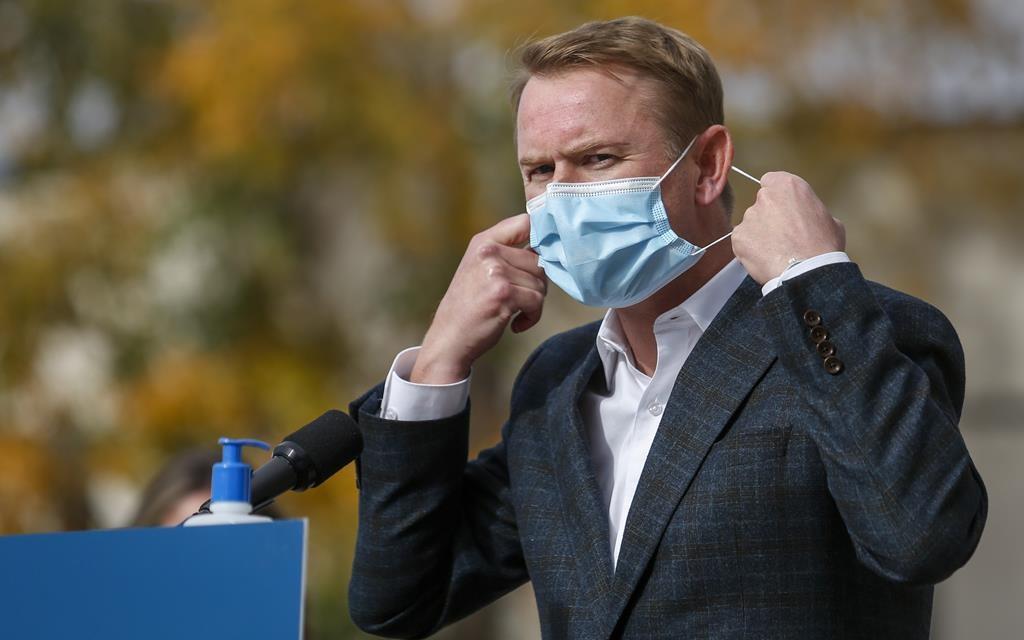EDMONTON—Alberta is lifting more COVID-19 public-health restrictions, including permitting more shoppers in retail stores and malls.
Health Minister Tyler Shandro says the retail limit is increasing to 25 percent capacity from 15 percent.

EDMONTON—Alberta is lifting more COVID-19 public-health restrictions, including permitting more shoppers in retail stores and malls.
Health Minister Tyler Shandro says the retail limit is increasing to 25 percent capacity from 15 percent.